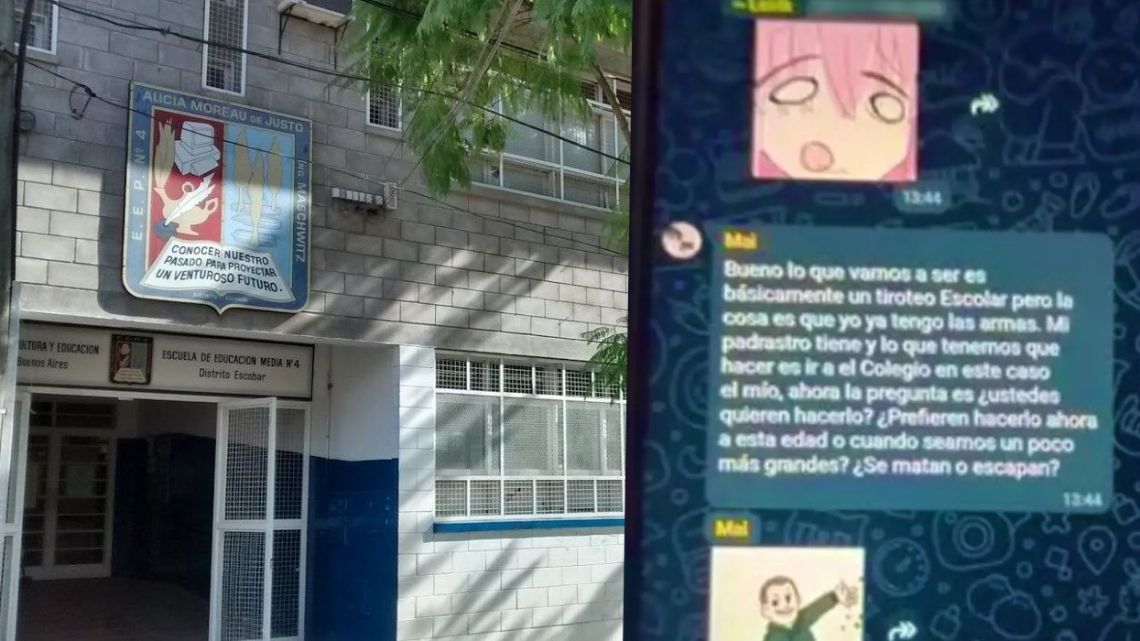The United States revoked the visa of Óscar Arias Sánchez, Costa Rica’s former president and 1987 Nobel Peace Prize laureate, without explanation.
Arias, a prominent advocate for peace and critic of U.S. policies, vowed to continue speaking freely despite what he perceives as an attempt to silence him.
Arias revealed the visa cancellation through a brief communication from U.S. authorities, which provided no specific reasons for the decision. This action follows a pattern of visa revocations targeting Costa Rican officials critical of U.S. policies.
Arias expressed surprise at the measure, noting his decades-long history of openly sharing his views on global issues. During his first presidency (1986–1990), Arias opposed U.S. military support for Nicaragua’s Contras and proposed a peace plan for Central America.
His efforts led to the Esquipulas II Peace Agreement, earning him international recognition and the Nobel Peace Prize. He served a second term from 2006 to 2010, during which he reestablished diplomatic relations between Costa Rica and China in 2007.
 Former Costa Rican President Challenges U.S. Visa Revocation Amid Criticism of Policies. (Photo Internet reproduction)
Former Costa Rican President Challenges U.S. Visa Revocation Amid Criticism of Policies. (Photo Internet reproduction)Costa Rica’s Arias Criticizes U.S. Foreign Policy
Arias has long criticized U.S. foreign policy, particularly its military spending and protectionist trade measures. He highlighted that the United States spends approximately $1 trillion annually on defense—four times more than China—while global humanitarian needs remain unaddressed.
He questioned priorities such as investing in advanced military technologies like the F-47 fighter jet instead of combating poverty or improving global healthcare.
In addition, he also condemned the closure of USAID programs in Latin America, which previously supported development initiatives in the region.
Arias argued that these decisions undermine progress while fostering economic inequality and instability. He described Washington’s approach to China as a search for an adversary, noting bipartisan unity in opposing Beijing rather than addressing pressing domestic and international challenges.
Arias emphasized Costa Rica’s need to maintain sovereignty amid geopolitical tensions, advocating for transparent bidding processes open to global competition. He stressed that decisions should prioritize quality and value over political alignments.
Despite the visa revocation, Arias remains committed to promoting peace and transparency while challenging global powers to prioritize humanitarian needs over militarization. His stance underscores broader concerns about U.S. policy directions and their global impact.

 By The Rio Times | Created at 2025-04-02 10:09:15 | Updated at 2025-04-04 18:44:24
2 days ago
By The Rio Times | Created at 2025-04-02 10:09:15 | Updated at 2025-04-04 18:44:24
2 days ago








